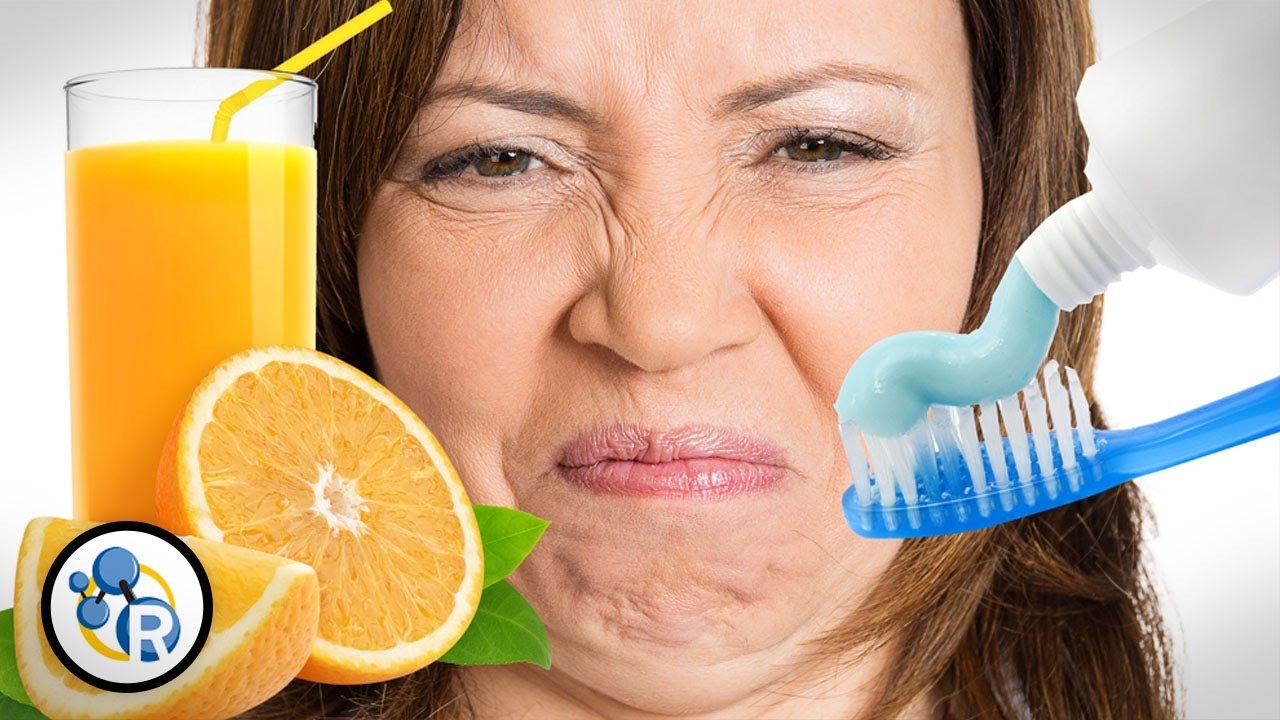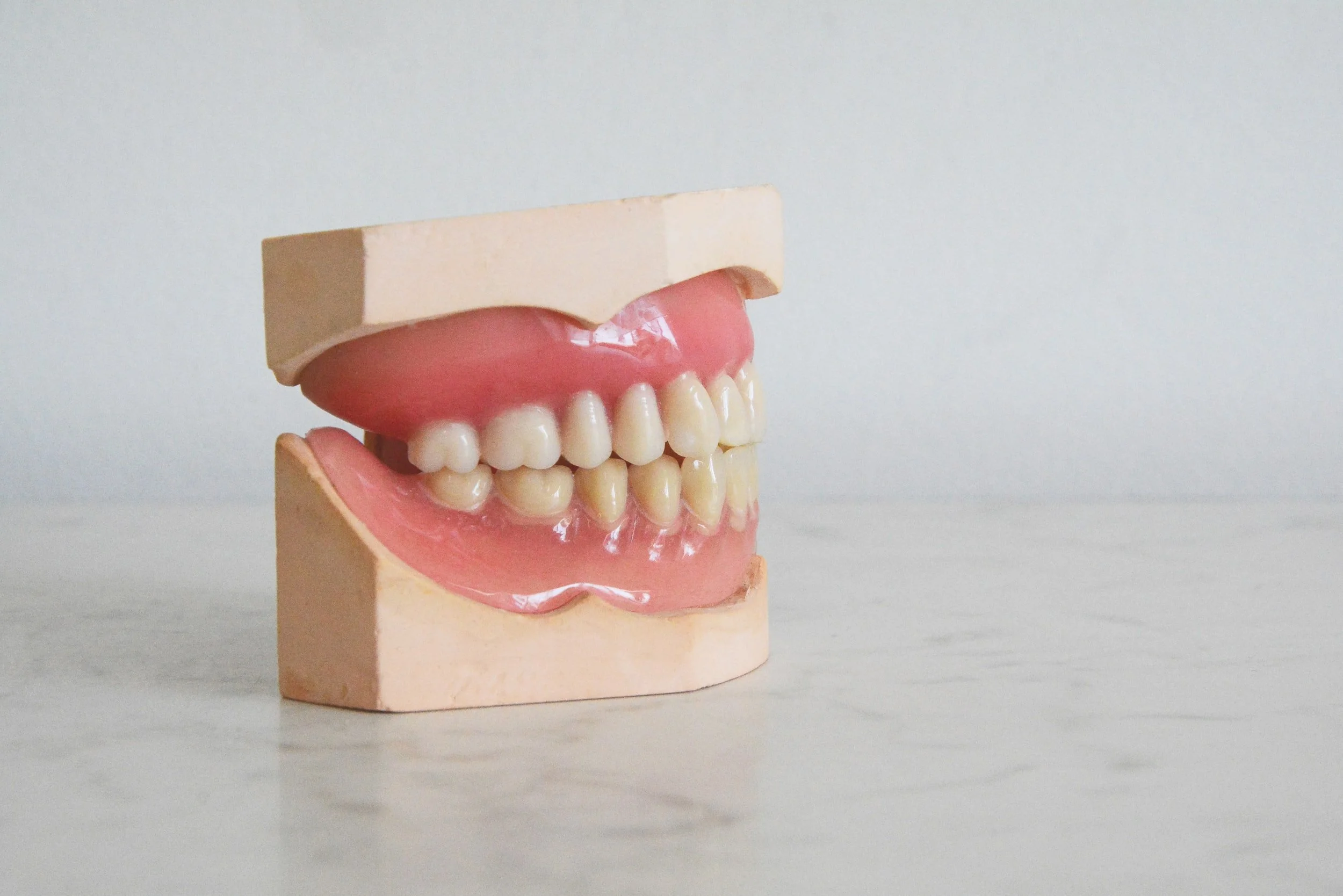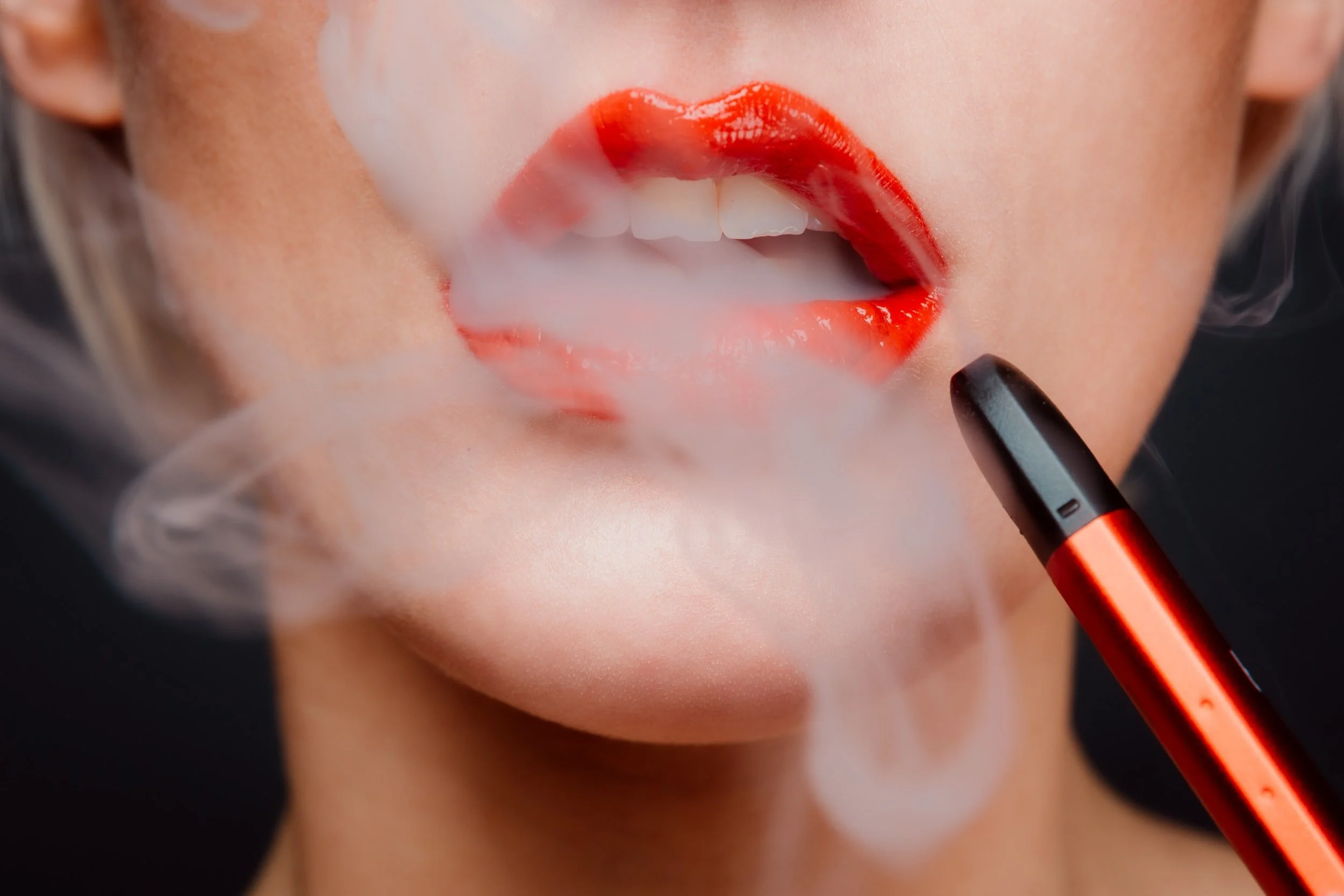Ever wondered where some of our Christmas traditions started?
Why does toothpaste and orange juice taste so bad?!
Toothpaste can make orange juice taste bad because of a chemical reaction that occurs in the mouth. Most toothpaste contains a compound called sodium lauryl sulfate (SLS), which is a foaming agent that helps to clean teeth by removing plaque and debris. SLS can break down the phospholipids in the orange juice, which are responsible for the juice's pleasant taste.
When SLS comes into contact with the phospholipids in orange juice, it breaks them down into their constituent fatty acids. These fatty acids are bitter, and they can overpower the sweet and tangy flavors of the orange juice, making it taste unpleasant.
Additionally, toothpaste often contains mint or other strong flavors that can leave an aftertaste in the mouth. When combined with the bitterness of the fatty acids, this can make the orange juice taste even worse.
To avoid this unpleasant taste, it is recommended that you wait at least 30 minutes after brushing your teeth before consuming acidic beverages like orange juice. This allows your saliva to neutralize the SLS and other toothpaste ingredients in your mouth, reducing the risk of a chemical reaction with the orange juice.
Fall Vacation
Our Office will be closed 10/17/22-10/21/22 for Fall vacation. We will be back in the office on 10/24/22. If you have a dental emergency you can reach out to Dr. Henley on his personal cell @ 904-434-7883 or on our office cell phone @ 904-762-5616.
October is National Dental Hygiene Month
How to improve your dental health with 5 easy tips:
*Brush your teeth 2x a day with fluoride toothpaste and replace toothbrush/toothbrush head every 3-4 months
*Floss Daily to remove food particles
*Rinse with antibacterial mouthwash
*Eat a balanced diet and avoid in-between meal snacks
*Schedule your regular dental checkups for professional cleaning and oral exams
Easter Break
Some oral bacteria linked with hypertension in older women
In a study of more than 1,200 women in the U.S., average age 63 years, 10 kinds of oral bacteria were associated with a higher risk of developing high blood pressure, while five strains of bacteria were linked with lower hypertension risk. The observational study cannot prove cause and effect; however, the findings highlight possible opportunities to enhance hypertension prevention through targeted oral care, researchers said.
Heartburn drugs may have unexpected benefits on gum disease
Nocturnal teeth grinding can damage temporomandibular joints
Nocturnal teeth grinding and clenching of the upper and lower jaw are known as sleep bruxism and can have a number of consequences for health. In dental science, the question of whether sleep bruxism is associated with the development or progression of temporomandibular joint disorders is controversial. New research shows that certain tooth shapes and tooth locations could well lead to temporomandibular joint problems as a result of bruxism.
Evidence grows for vaping's role in gum disease
New studies highlight how e-cigarettes alter oral health and may be contributing to gum disease. The latest research finds that e-cigarette users have a unique oral microbiome that is less healthy than nonsmokers but potentially healthier than cigarette smokers, and measures worsening gum disease over time.









